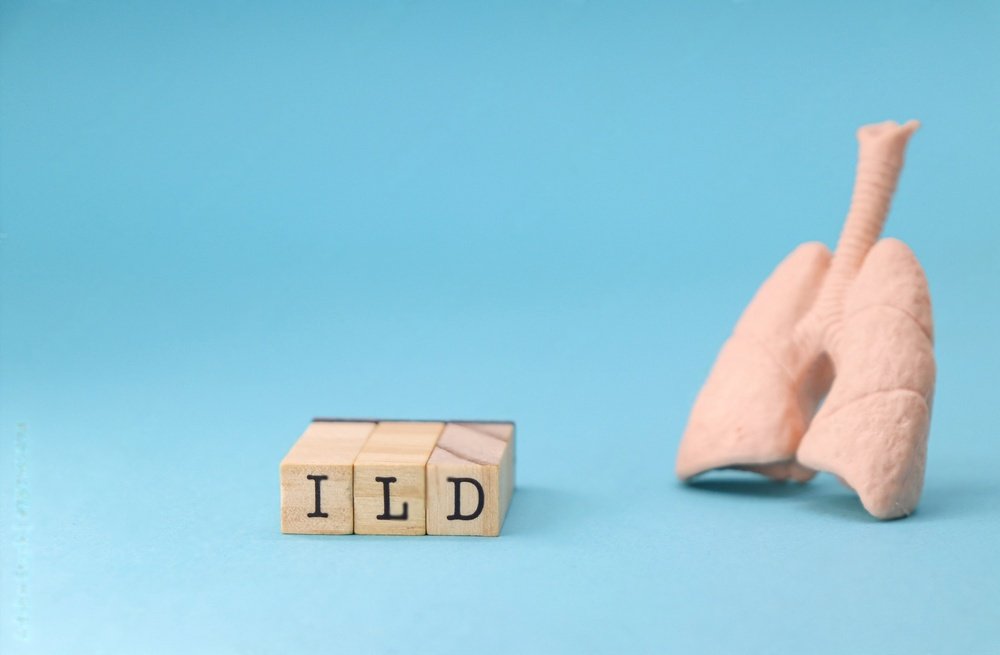
Interstitial Lung Disease (ILD) Treatment
Interstitial Lung Disease (ILD) encompasses various disorders that cause progressive scarring of lung tissue, leading to lung stiffness and impaired oxygen exchange. Effective treatment focuses on slowing lung damage, easing symptoms, and improving quality of life.
1. Pharmacological Treatments
Anti-Inflammatory Medications
- Corticosteroids (e.g., Prednisone): Reduce lung inflammation in conditions like hypersensitivity pneumonitis or sarcoidosis.
- Immunosuppressants (e.g., Azathioprine, Mycophenolate Mofetil): Used with corticosteroids to suppress the immune system and prevent further lung damage.
Antifibrotic Therapy
- Pirfenidone and Nintedanib: Approved for Idiopathic Pulmonary Fibrosis (IPF), these drugs slow fibrosis (scarring) in the lungs.
- Pirfenidone: Combines anti-inflammatory and antifibrotic effects.
- Nintedanib: Blocks pathways that lead to scar tissue formation.
Oxygen Therapy
- Purpose: For advanced ILD patients with low oxygen levels, it alleviates shortness of breath and improves quality of life.
- Usage: Portable devices allow patients to move freely while receiving adequate oxygen.
2. Non-Pharmacological Treatments
Pulmonary Rehabilitation
- Purpose: Combines exercise, nutrition, and education to enhance lung function and overall fitness.
- Key Components: Exercise to improve endurance, education on symptom management, and lifestyle tips.
Lifestyle Modifications
- Smoking Cessation: Essential as smoking worsens lung damage.
- Dietary and Nutritional Support: A healthy diet helps prevent malnutrition.
- Avoiding Lung Irritants: Reduces exposure to pollutants and irritants that may worsen the disease.
3. Advanced Treatment Options
Lung Transplantation
- Indications: Considered for severe, end-stage ILD patients not responding to other treatments.
- Success Rates: Can significantly improve survival and quality of life in selected patients.
Clinical Trials
- Research: Ongoing trials are exploring new treatments for slowing fibrosis and improving lung function. Participation may be available for experimental therapies.
4. Managing Symptoms and Complications
- Cough Suppression: Medications like dextromethorphan or codeine may relieve chronic cough.
- Breathing Techniques: Methods like pursed-lip breathing can ease breathlessness.
- Managing Pulmonary Hypertension: Treatments such as vasodilators may be needed if elevated blood pressure in the lung arteries occurs.
5. Multidisciplinary Care
ILD treatment often involves a team of specialists, including pulmonologists, radiologists, rheumatologists, and nurses. This approach ensures personalized care, disease management, and ongoing monitoring.
ILD Care at Dr. R. Aditya Vadan’s Clinic
At Dr. R. Aditya Vadan’s clinic, we offer comprehensive ILD care. Our team focuses on early diagnosis, personalized treatment plans, and the latest therapies to slow disease progression and improve lung function. Services include medication management, pulmonary rehabilitation, and advanced treatments like lung transplantation evaluations.
For appointments and more information on ILD treatment, contact us at 9063564499, 95507 77000.